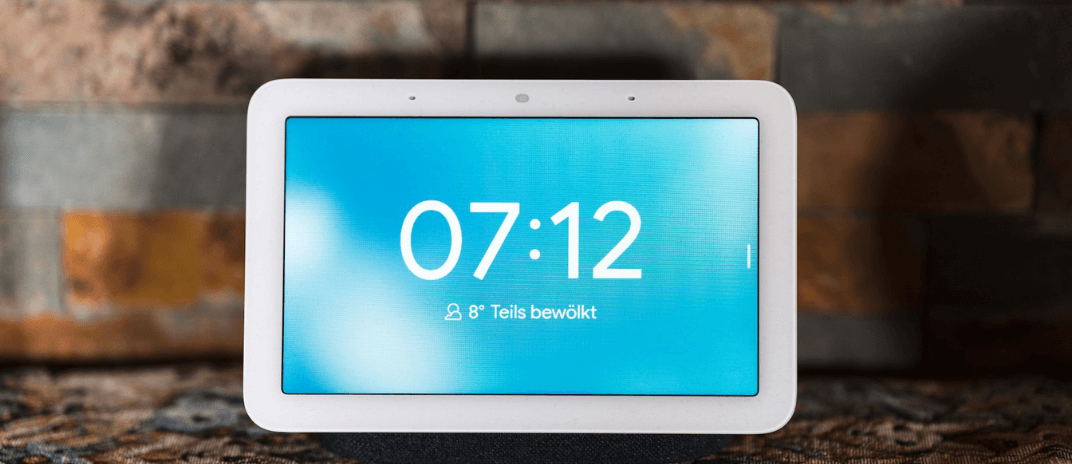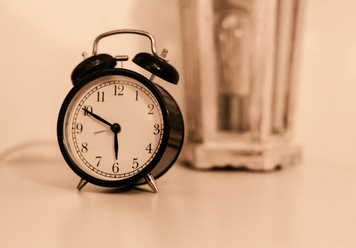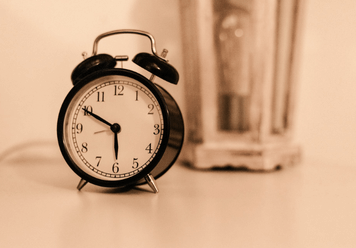Do you ever wonder how much sleep per night you should be getting? In our busy world, it’s easy to forget about the importance of sleep. The American Academy of Sleep Medicine and the Sleep Research Society study found that adults need 7 hours of sleep at night for most healthy adults.
In this article, we’ll explore why meeting these recommended hours per night is crucial for your productivity, physical health, and mental well-being.
The Recommended Sleep Duration
For most healthy adults, the ideal amount of sleep is 7 hours, according to the American Academy of Sleep Medicine and the Sleep Research Society. This means that getting seven hours is enough sleep to maintain good health. While the ideal number of hours may vary from person to person, sleeping seven hours a night is generally considered a good baseline.
It’s important to note that infants, children, and teens may require more sleep than adults. By getting enough sleep, you can feel rested, refreshed, and alert throughout the day.
Prioritizing sleep and making sure to get the recommended amount of sleep can improve your overall well-being and help you have enough energy to enjoy daily activities.
If you want a full insight into your sleep habits and your sleep score, check out ShutEye®. Not only will you get a ton of sleep metrics that can help you improve your quality of sleep. ShutEye offers a ton of sleep noises for you to drift off to sleep with.
Health Impacts of Sleeping 7 Hours
Sleeping 7 hours can have positive impacts on your health, including improved cognitive function and decreased risk of certain health conditions. Here are five key health benefits of getting 7 hours of sleep:
- Improved cognitive function: Getting the amount of sleep you need allows your brain to function optimally, enhancing your memory, attention, and problem-solving abilities.
- Decreased risk of chronic diseases: Sleeping seven hours may lower the risk of developing conditions like obesity, diabetes, heart disease, and stroke.
- Enhanced immune system: Sufficient sleep strengthens your immune system, helping you fight off infections and illnesses more effectively.
- Improved mood and mental health: Sleeping 7 hours promotes emotional well-being, reduces stress levels, and decreases the risk of mood disorders like depression and anxiety.
- Better physical performance: Adequate sleep supports muscle recovery, improves athletic performance, and boosts overall physical stamina.
Prioritizing 7 hours of sleep may have significant long-term benefits for your health and well-being.
Drowsiness and Mood Changes
Experiencing insufficient sleep can lead to excessive drowsiness and changes in your mood. When you don’t get enough hours of sleep, it can affect your overall well-being and cognitive functioning. Your reaction times may become slower, and your working memory and performance can suffer. You might find yourself feeling more irritable or moody, and concentration and coordination may also be affected.
Chronic sleep deprivation can prevent you from recognizing your own sleepiness, putting you at a higher risk of accidents. It’s important to prioritize sleep and ensure you’re getting enough hours of quality sleep to avoid these drowsiness and mood changes.
Heart and Kidney Problems
By prioritizing sleep and getting enough hours of quality rest, you can reduce the risk of heart and kidney problems. Here are five key points to consider:
- Sleep research recommends seven hours of sleep for most healthy adults.
- Chronic sleep deprivation increases the risk of developing heart and kidney problems.
- Inadequate sleep is associated with a higher incidence of high blood pressure, heart disease, and kidney disease.
- Sufficient sleep is important for maintaining a healthy heart and kidneys.
- Prioritizing sleep is crucial for overall cardiovascular and renal well-being.
Understanding the importance of sleep in preventing heart and kidney problems is essential. By making sleep a priority and ensuring you get the recommended seven hours of quality sleep, you can take a proactive step toward protecting your heart and kidneys.

Mental Health Problems
If you consistently fail to prioritize sleep, you may be at a higher risk of developing mental health problems. Poor sleep can contribute to mental health issues such as depression, anxiety, bipolar disorder, and even Alzheimer’s disease.
When you don’t get enough sleep, it can affect your mood, emotional regulation, and cognitive function. Chronic sleep deprivation can also increase the risk of developing these mental health disorders.
It’s important to address any sleep debt or sleep disorders you may have and practice good sleep hygiene to ensure you’re getting the recommended amount of sleep. Prioritizing sleep is crucial for maintaining good mental health and overall cognitive function.
Productivity Benefits of 7 Hours of Sleep
You will undoubtedly experience increased productivity by ensuring you get a solid 7 hours of sleep each night. Here are some productivity benefits of prioritizing sleep and getting the recommended amount of rest:
- Improved focus and concentration: Getting enough sleep helps you maintain mental clarity and stay focused on tasks.
- Reduced errors and accidents: Sleep deprivation can impair cognitive function, leading to mistakes and accidents.
- Enhanced memory and learning: Sleep is essential for memory consolidation, allowing you to retain information and learn more effectively.
- Increased energy and efficiency: Having sufficient sleep provides you with the energy to tackle daily activities and increases your overall efficiency.
- Better decision-making skills: A well-rested mind is better equipped to make rational and sound decisions.

Physical Health Benefits of 7 Hours of Sleep
To maintain optimal physical health, prioritize getting at least 7 hours of sleep each night. The recommended sleep duration of 7 hours has numerous physical health benefits, as stated by the Sleep Research Society and the American Academy of Sleep Medicine.
Getting enough sleep appears to help regulate hormone levels and appetite control, reducing the risk of obesity and weight gain. It also plays a crucial role in cardiovascular health, as chronic sleep deprivation can lead to cardiovascular issues. Adequate sleep is essential for overall body function and can aid in recovery from illnesses.
By prioritizing sleep and ensuring you get seven hours each night, you can significantly improve your physical health and overall well-being.
Physical Health Benefits of 7 Hours of Sleep
- Regulates hormone levels and appetite control, reducing the risk of obesity and weight gain
- Improves cardiovascular health and reduces the risk of cardiovascular issues
- Aids in overall body function and aids in recovery from illnesses
How Work Disrupts Our Sleep Schedules
Sir Jules Thorn Sleep and Circadian Neuroscience Institute found out in its research that working different shifts creates a unique physical challenge because it strongly messes with our internal body clock and sleep patterns. This leads to an immediate lack of sleep, poor sleep hygiene, being sleep deprived, and a mismatch in our internal daily rhythms. A good night’s sleep is needed for our bodies to function at their best.
Conclusion
Prioritizing the recommended 7 hours of sleep each night can have a profound impact on your overall well-being. From improved cognitive function and mood to decreased risks of heart and kidney problems, the benefits of getting enough sleep are clear.
Additionally, how much sleep people get can enhance productivity and physical health. By making sleep a priority, you can positively influence every aspect of your life and enjoy a higher quality of life.













